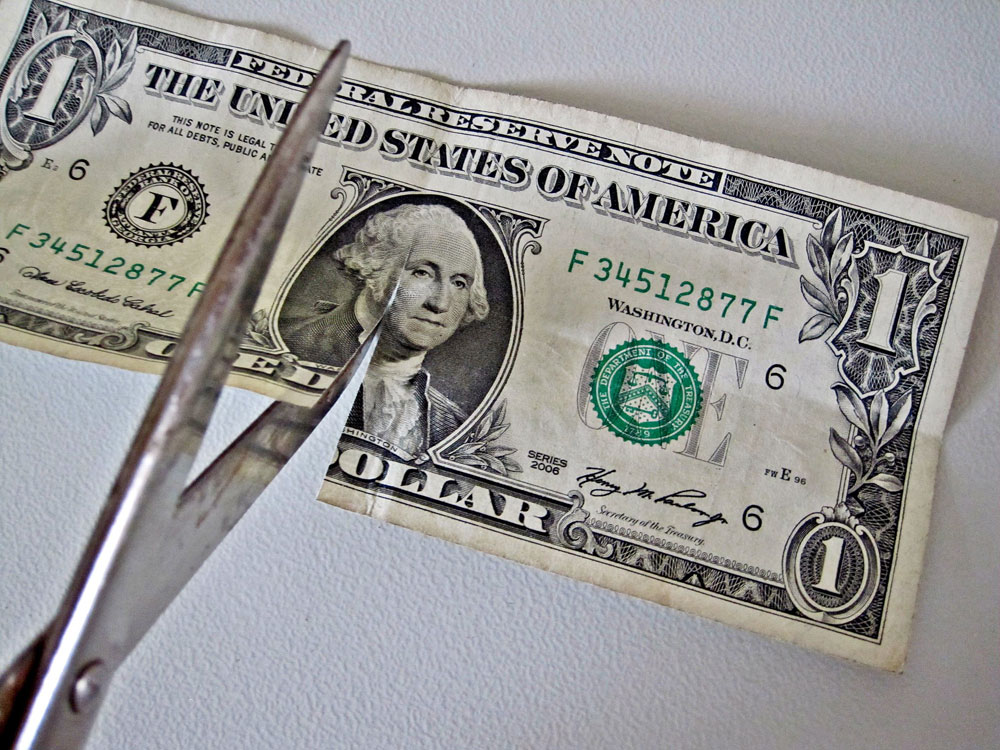
April 11, 2020; New York Post
As we all know by now, the coronavirus is far from the great equalizer some intimated it would be at the beginning. In fact, quite the opposite; it has now been firmly established that it is hitting people of color and communities that include low-wage workers disproportionately. Thus, when we hear about layoffs in the large institutions of this sector, we should all be looking to see if the CEO and top brass are also taking significant cuts, because they should be. Not because the problem that has led to the need for cuts is their fault, but because no CEO in this sector should allow themselves to stand comfortably by while their lowest-paid employees bear the weight, even as they are more at risk for the virus. That is a dynamic that can lead us nowhere but further into a miasma of inequity.
All over the country, nonprofits are facing massive deficits while keeping their eyes on the moving target of reopening. For performing arts organizations, which have cancelled entire seasons, and for museums, this has led to lowering staff costs through layoffs, furloughs, or pay cuts, and although we do not see any of those organizations laying off their leadership, the New York Post reports that many directors of arts organizations in New York City, at least, have temporarily cut their own compensation as they lay off staff who, one presumes, have a lot less to fall back on.
Peter Gelb, the general manager of the Metropolitan Opera, for instance, waived his salary entirely as the nonprofit furloughed or laid off around 700 musicians, stagehands, and others. Gelb’s compensation package runs around $2.2 million and the estimated budget deficit projected for this year is $8 to 12 million. At the Guggenheim, where 92 employees are furloughed, director Richard Armstrong announced that all salaries in excess of $80,000 would be reduced “on a graduated basis with the percentages being higher at higher salary levels.” Armstrong is only taking a 25 percent cut on his compensation against a projected reduction in revenue of $10 million.
That expected loss pales in comparison to the $100 million predicted for the Metropolitan Museum of Art, where the results of talks aimed at “restructuring” executive salaries are not known. The Met, however, has an endowment of $3.8 billion. It has so far committed to continuing to pay its employees until the beginning of May.
Sign up for our free newsletters
Subscribe to NPQ's newsletters to have our top stories delivered directly to your inbox.
By signing up, you agree to our privacy policy and terms of use, and to receive messages from NPQ and our partners.
This trend is hardly confined to the nonprofit sector. Sports retailer REI, an 18-million-member consumer-owned co-op, just furloughed 14,000 employees as president and CEO Eric Artz announced that his salary will be waived for six months.
Those decisions begin with me and with my senior leadership team. I am forfeiting 100 percent of my base salary for the next six months, as well as forfeiting all of my incentive eligibility for 2020. Our board of directors is forfeiting their fees for the next six months as well. My entire senior leadership team will be taking a 20 percent pay reduction for the next six months and will also forfeit all of their incentive eligibility for 2020.
We have also made the decision to begin an unpaid 90-day furlough of the majority of our retail and field employees, beginning on April 15. During this period, all health and welfare benefits will continue as normal for all eligible furloughed employees. In addition, REI will also pay the employee portion of benefit premiums, which means we’ll be covering 100 percent of eligible employee health and welfare premium costs for all furloughed employees for all 90 days for those employees. All furloughed employees will be eligible to apply for government-funded unemployment pay.
Others are doing the same, but the Guardian cautions that some “leaders” may be making backroom deals to be compensated with shares later, allowing them to make showy sacrifices while forestalling any real “sharing of the pain.” Shares may not, indeed, be the issue for nonprofits, but bonuses and other measures may be. This time, let’s encourage all of our nonprofit leaders to commit explicitly to take equitable measures to manage our way through this crisis.—Ruth McCambridge













